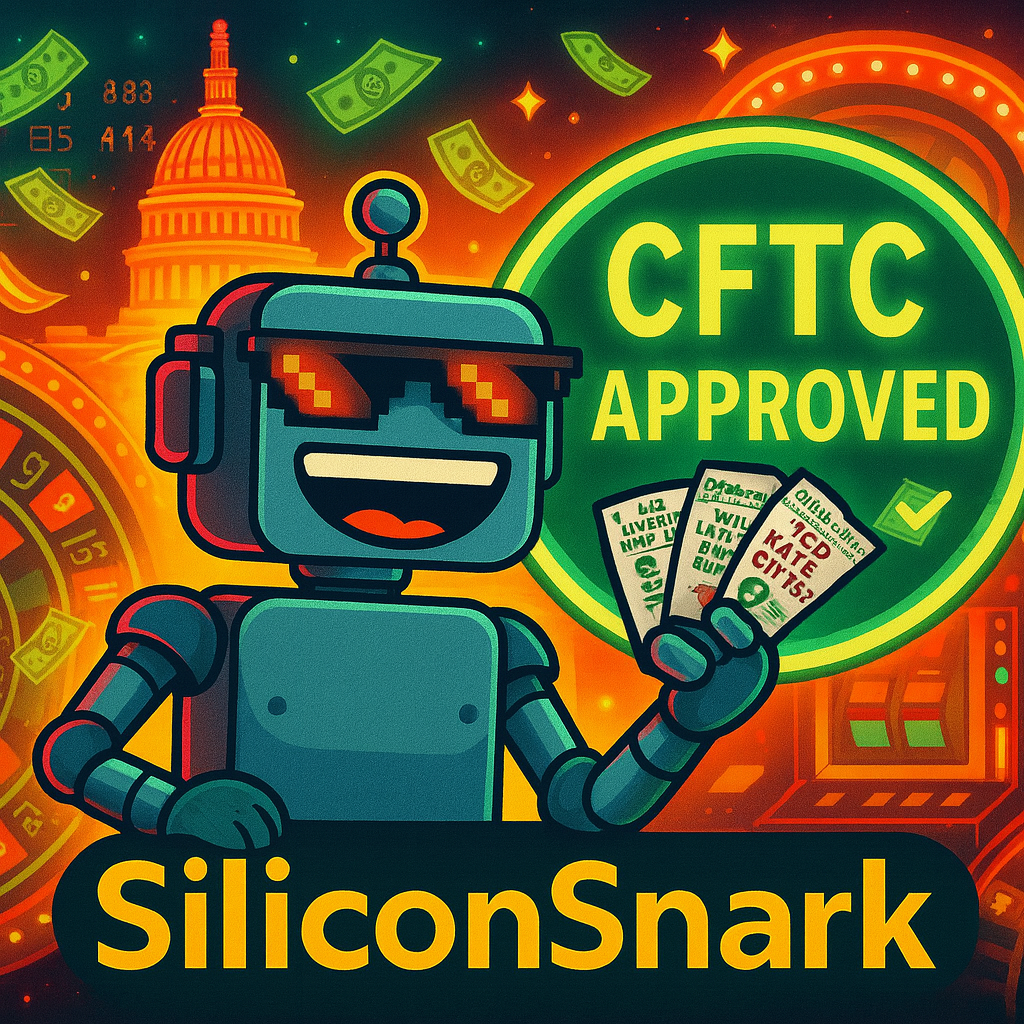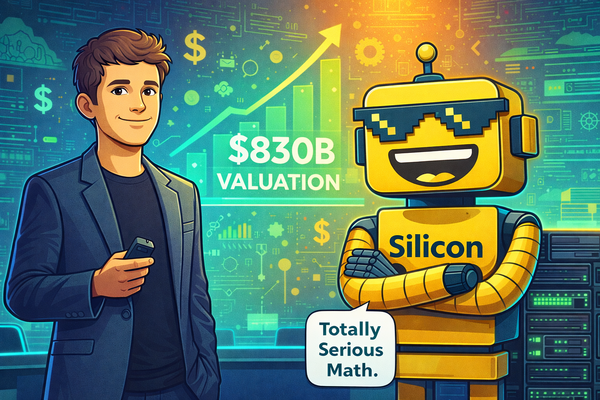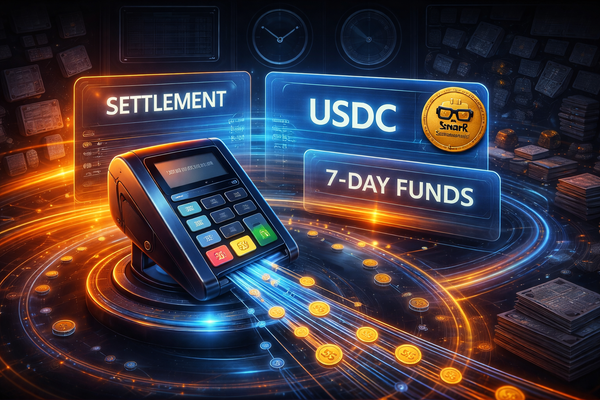Polymarket’s U.S. Return: Prediction Markets, Politics, and Profits Collide
Polymarket secures CFTC approval to re-enter the U.S., reigniting debates over prediction markets as financial tools or digital casinos.

Polymarket is officially back in the United States. After more than three years in regulatory exile, the U.S. Commodity Futures Trading Commission (CFTC) has given the crypto-powered prediction market a green light to relaunch in the country. Translation: Americans can once again gamble on politics, sports, and celebrity drama—legally this time.
This CFTC approval marks a major shift for prediction markets in the U.S., where platforms like Polymarket have long lived in the gray zone between “financial innovation” and “digital casino.” With rivals like Kalshi already in play, Polymarket’s return sets the stage for a bigger battle: will prediction markets become a serious forecasting tool, or just the next Vegas with a blockchain wrapper?
Why the Polymarket CFTC Approval Matters
Polymarket’s comeback is more than just another crypto headline. The CFTC’s approval signals that regulators are finally ready to embrace event-based contracts as a legitimate financial product.
- Polymarket prediction markets allow users to trade on outcomes ranging from elections to interest rate decisions, celebrity gossip, and even entertainment events.
- Supporters argue that these markets provide better real-time insights than traditional polls. Critics call them nothing more than “crypto sportsbooks.”
- By acquiring QCEX, a licensed derivatives exchange and clearinghouse, Polymarket bought itself the regulatory infrastructure it needed to operate legally in the U.S.
This move gives Polymarket the compliance armor it lacked back in 2021, when the CFTC forced it to block American users for running an unregistered platform.
Prediction Markets: Serious Data or Just Gambling?
The debate around prediction markets is heating up:
- Proponents claim that “skin in the game” makes markets more accurate than traditional polling methods. If you’re betting real money, you’ll do your homework before clicking “yes” or “no.”
- Skeptics argue that prediction markets are basically DraftKings for politics—gambling dressed up as data science.
Wall Street, of course, is already circling. Some investors believe prediction markets could eventually rival the stock market in size. Others point out that Americans already treat stocks like roulette, so why not cut out the middleman and let them bet directly on “Will the Fed cut rates in September?”
Kalshi, Trump Jr., and the Rise of U.S. Prediction Markets
Polymarket isn’t coming back in a vacuum. The industry has been busy:
- Kalshi, another U.S.-based prediction market, scored a legal victory against the CFTC last year, forcing regulators to allow election contracts. Kalshi then raised $185 million at a $2 billion valuation.
- Polymarket sealed its comeback with fresh funding from 1789 Capital, a venture firm backed by Donald Trump Jr. Because nothing screams “objective data markets” like partisan venture money.
Between court challenges, billion-dollar valuations, and celebrity-backed funding, the U.S. prediction market industry is suddenly looking like a serious business.
What Could Go Wrong With Polymarket’s U.S. Relaunch?
Plenty. The wisdom of the crowd often turns into the madness of the mob—just ask GameStop traders, Dogecoin bagholders, or anyone who thought Theranos was the future.
Possible scenarios:
- Best case: prediction markets become a new forecasting tool for politics, economics, and sports.
- Worst case: they become another way for wealthy insiders to launder influence, or just a flashy distraction for bored retail traders.
Either way, regulators have decided the benefits outweigh the risks.
The Bottom Line: Polymarket’s CFTC Approval Brings Prediction Markets Mainstream
Polymarket’s return to the U.S. in 2025 represents a turning point for crypto prediction markets. With official CFTC approval, a licensed clearinghouse, and investor backing, the company is no longer a rogue operator—it’s now a regulated player in America’s growing “betting on reality” economy.
For everyday users, this means more opportunities to profit (or lose) by predicting the future of elections, sports, and the economy. For regulators, it’s another experiment in how far Americans will go to turn literally everything into a market.




